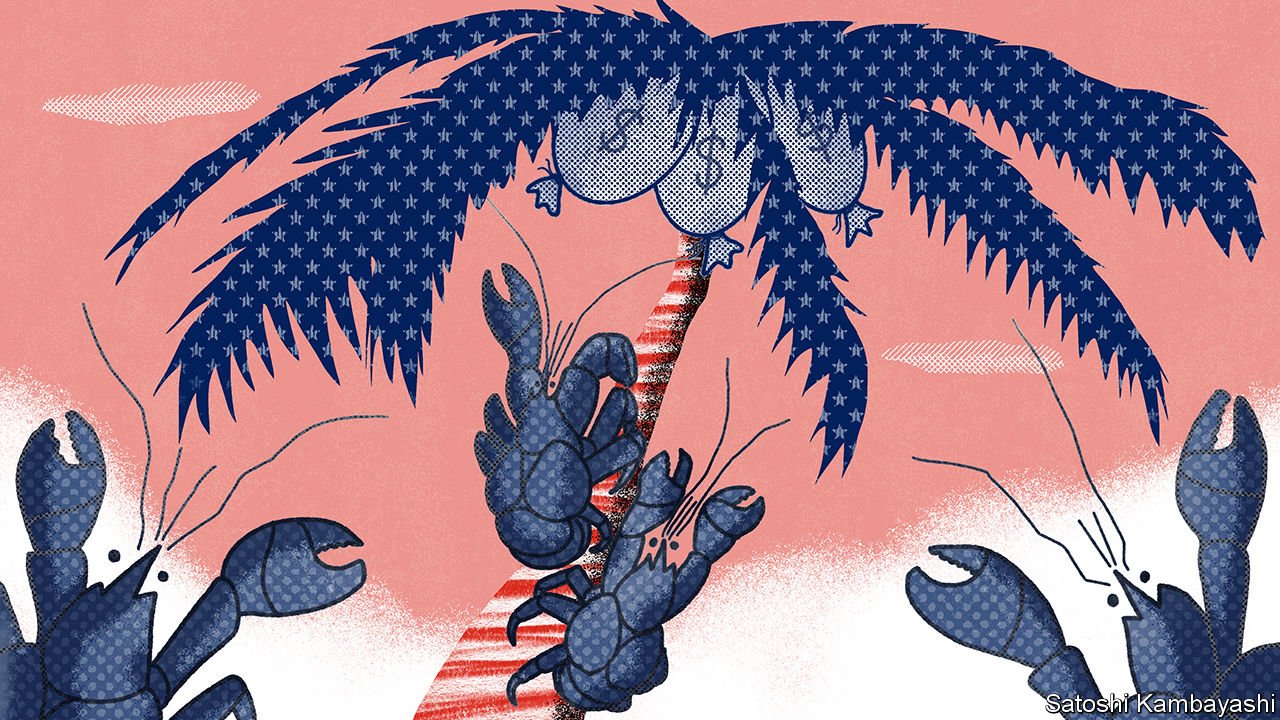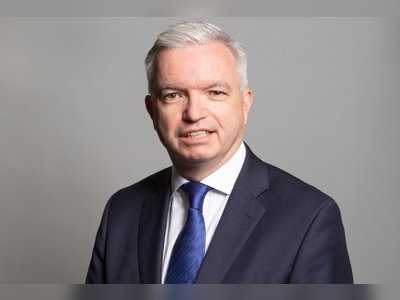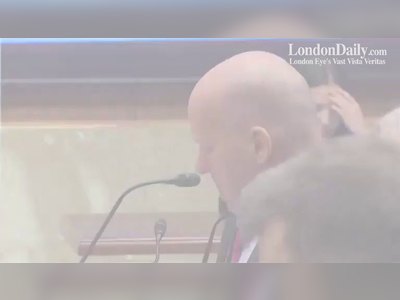
Will America go from hunter to hunted in cross-border tax evasion?
America has launched brutal assaults over the past decade on countries, such as Switzerland and Liechtenstein, where banks have helped American citizens hide money and thereby evade tax. Forced to clean up, these erstwhile havens have seen much tainted capital flow elsewhere—not least to America itself. Now it is the former aggressor’s turn to be on the defensive. Other countries are using similar tools to those America once employed to reveal untaxed money stashed by their own citizens in the world’s largest economy.
As well as fining and prosecuting the enablers of tax-dodging—Swiss banks alone coughed up at least $5.5bn—America passed a law in 2010 known as FATCA that required foreign financial firms to spill the beans on American clients. Stung into action, more than 100 other countries signed up to the “Common Reporting Standard” (CRS), and now swap tax-relevant financial information with each other.
America, however, did not join the CRS. Instead it shares information on the foreign clients of American banks under FATCA’s reciprocal provisions. But sharing is patchy; a lot of countries get nothing. Combine that with the high level of anonymity offered by American shell companies, and it is hardly surprising that America has become the destination of choice for many tax evaders. One tax expert reckons that “over 90% of assets avoiding the CRS have been herded into the USA”.
America does not have to worry about the sort of bludgeoning that it doled out to Switzerland—no other country has anything like the same extra-territorial financial power. But other countries are finding that there are legal tools at their disposal, all the same. One is the so-called John Doe summons. This American provision assists tax authorities going after “a particular person or ascertainable group or class of persons” whom they suspect of financial wrongdoing, but whose identities are unknown. If approved by a court, the summons forces banks to hand over names.
Until now the biggest user of such summonses in tax cases has been America, which, for instance, used the procedure in 2008 to prise open Swiss bank secrecy. That resulted in UBS handing over the names of around 4,500 account-holders. In April the tables were turned when a request from Finland prompted America’s Internal Revenue Service to petition a federal court in North Carolina for leave to serve John Doe summonses on three banks in America. Heavy use at Finnish ATMs of payment cards issued by the banks, and linked to American accounts, had led the Finnish tax authority to conclude that they were being used by Finnish taxpayers who had hidden untaxed income across the Atlantic. The court has since granted approval.
Other countries suffering tax leakage will be looking more closely at this procedure. Any of the 90 with a ratified bilateral tax treaty with America can use it, though some seem unaware of the option. (By contrast, America has agreed to exchange information with only 47 countries under FATCA.) Experts say it could help to break open not only dodgy bank accounts but also trusts and insurance policies, which are also commonly used to hide capital.
There could still be obstacles, for instance if an account is owned by an entity rather than an individual. But banks issued with a summons are required to investigate who stands behind account-holding shell companies. Due-diligence rules designed to curb money-laundering and the financing of terrorism, issued by FinCEN, a federal agency, already require banks to know the identity of such “beneficial” owners (though not all seem to do so). A shell-cracking bill picking up momentum as it passes through Congress would also help improve corporate transparency.
If more countries take the John Doe route, it would help balance the unequal relationship America enjoys in matters of financial transparency. For too long it has got away with demanding much while offering little in return. Tax dodgers stashing cash in America, says Mark Morris, an international tax consultant, should “prepare to be smacked open like a piñata”.











